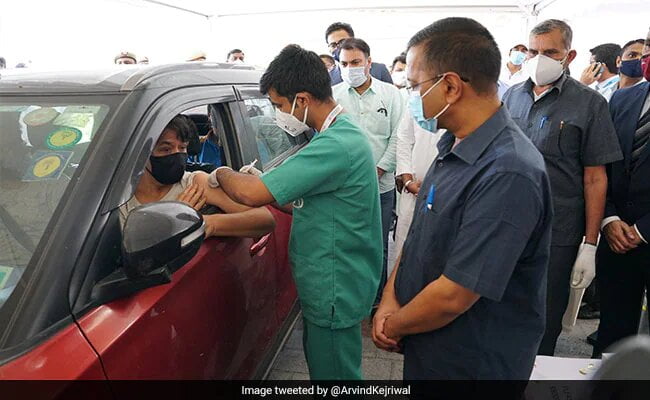Will Your Two-Dose COVID-19 Vaccines Protect You From A Possible Third Wave? Read Here

Bhubaneswar: Before you took both your doses of the COVID-19 vaccine, getting vaccinated was uppermost in your mind. Vaccination over, now you are wondering how long will it protect you? In other words, how long will the immunity last?
The long and short of it is that ‘no one knows’ or it is still ‘unclear’. As the Washington Post succinctly puts it, “Although we have been battling the pandemic for more than a year, the vaccines were granted emergency use authorization relatively recently. So experts have not had time to observe their long-term effectiveness.”
World Health Organisation’s Dr Katherine O’Brien says that after the first dose, a good immune response kicks in about two weeks. But the immune response boost boosts after the second dose, making a person’s immunity even stronger.
Dr Katherine says we don’t know yet how long the immunity lasts after taking the vaccines and adds that it is going to take some time to know the details. “We are following people who have received vaccinations to find out whether their immune response is durable over time and the length of time for which they are protected against the disease. So we are really going to have to wait for time to pass to see just how long these vaccines last,” the WHO scientist was quoted as saying by India Today.
For now, we know that two doses of the Pfizer vaccine remain effective for at least six months or even longer. Similarly, the Moderna vaccine was also found to have antibodies six months after the second shot. The immune response of Covishield can persist for a year or more. “At this point, we cannot say, but other vaccines using the Oxford ChAdOx1 technology are proven to provide immune responses that can persist for a year or more,” she was quoted as saying
A lot also depends on the news variants
If a person were exposed to a variant capable of evading vaccine-induced antibodies, for instance, a vaccine might not be as effective as initially expected, Lana Dbeibo, an infectious-disease expert at the Indiana University School of Medicine, was quoted as saying by Washington Post.
Although researchers do not yet have all the answers, previous knowledge of other coronaviruses, as well as emerging research about the current strain, may provide clues, the report added.
In view of the new variants detected across the globe and in India as well, there have been reports that the vaccine efficacy against the variants including B.1.617.1 and B.1.617.2 first detected in India, scientists say that a third booster shot is required after the two-doses, India Today reported.
In fact Bharat Biotech, the company that manufactures Covaxin in India, has already started trials for a booster dose. The booster dose is to be given six months after the participants had received their second dose in the trial, which had taken place between September and October 2020, the report added.
A New York Times report quoting two recent studies says that immunity to the coronavirus lasts at least a year, possibly a lifetime after vaccination. This means that person recovering from Covid-19 and later fully immunised will not need a booster shot at all, India Today reported.
It is important to understand that fully vaccinated against Covid-19 does not guarantee protection against COVID-19 again. Since the Coronavirus is new and mutating, it is unpredictable. AIIMS Director Dr Randeep Guleria was quoted as saying, “This virus is very clever and keeps mutating, we cannot say what will be the protection from vaccines as far as new emerging variants are concerned.” He added that masks and distancing work against all variants.

Comments are closed.